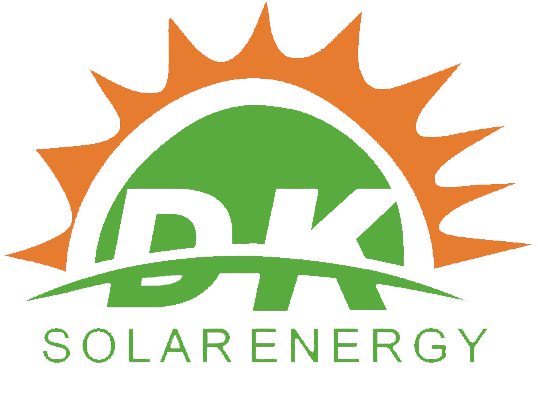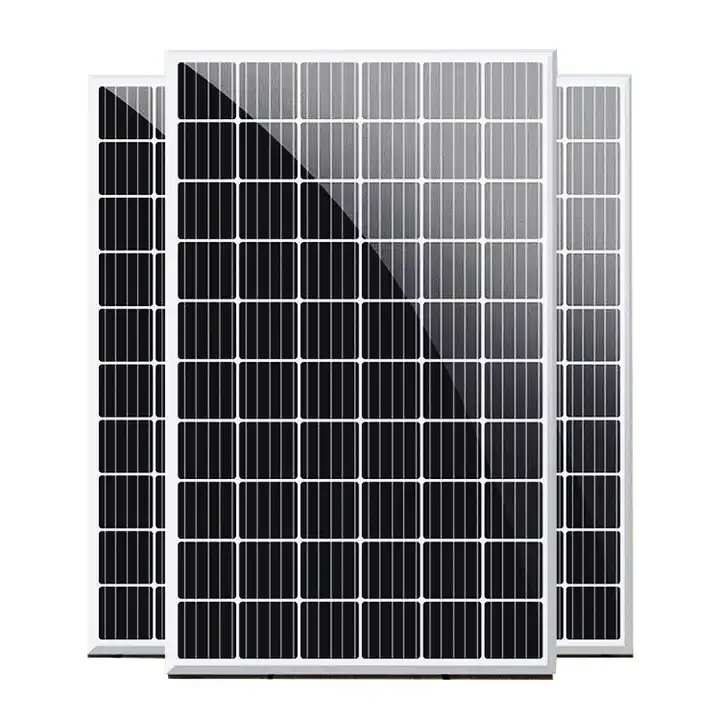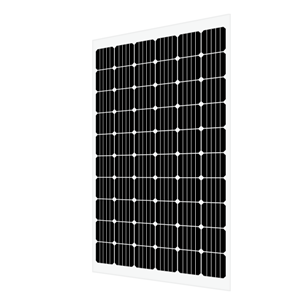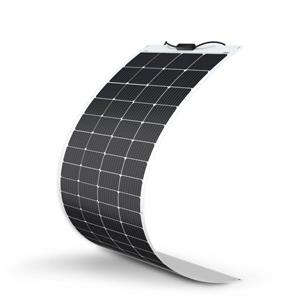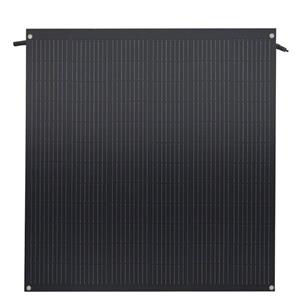How to deal with scrapped solar panels?
As a high-tech product, solar panels contain a variety of valuable resources that can be recycled and reused.
Among them, metal materials such as silicon, silver, aluminum, and special semiconductor materials are essential components of solar panels. These materials are professionally recycled and processed, which can effectively reduce the need for new resource mining, reduce production costs, significantly reduce the impact of environmental pollution, and realize resource recycling.
At present, recycling technologies for used solar panels mainly include physical recycling methods and chemical recycling methods.
The physical recycling method mainly uses mechanical force to first dismantle and separate solar panels, and then classify and recycle various materials (such as glass, silicon wafers, silver, etc.). This method is simple to operate, low in cost, and the recycled materials have high reuse value. However, the physical recycling method has the following disadvantages. First, the structure of solar panels is complex, and some materials may be damaged during the disassembly process, which will reduce their reuse value; second, physical recycling methods cannot effectively remove harmful substances (such as lead, cadmium, etc.) in solar panels. It will cause secondary pollution to the environment.
The chemical recycling method mainly extracts useful elements from solar panels through chemical reactions. This method can extract valuable metals from solar panels and has high recycling efficiency. However, the chemical recovery method requires the use of a large amount of chemical reagents (such as inorganic acids, etc.), and the treatment process may produce harmful gases and waste liquids, posing potential risks to the surrounding environment and the safety and health of operators. Moreover, chemical recovery methods are more expensive and have a long recovery cycle, and some useful elements may be lost in the process.
Solar power generation has a complex and far-reaching impact on the environment, and the integrity of the life cycle of solar panels has received widespread attention. We should actively promote the application of solar power generation and give full play to its advantages in environmental protection and energy security. At the same time, we should always pay attention to and respond to potential environmental risks and challenges, and jointly promote the green and sustainable development of clean energy.
